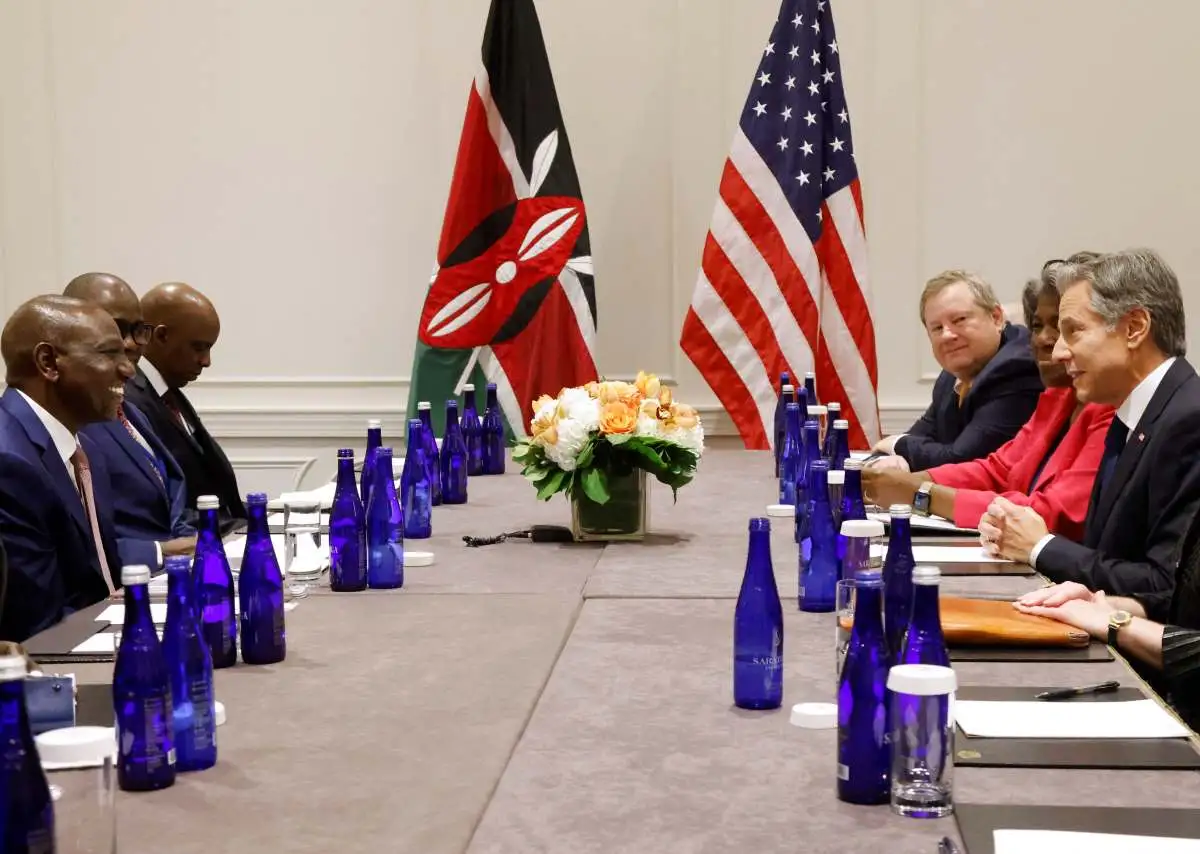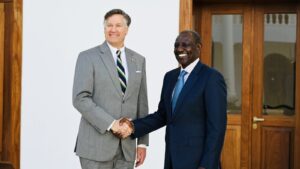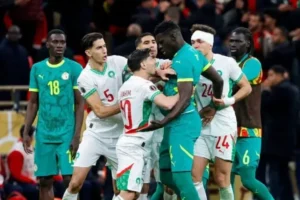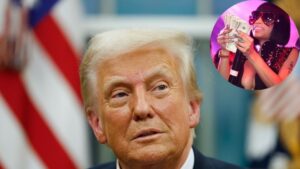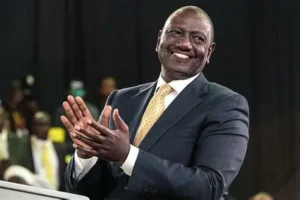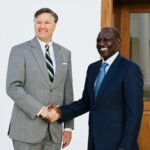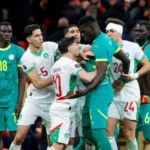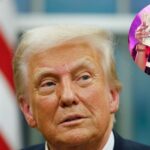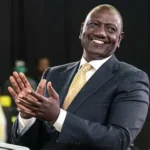During a state visit to the US in May, President William Ruto was hosted by his American counterpart, Joe Biden, who has since dropped out of the presidential race, at the White House. During the fete, Biden said he would designate Kenya as the first sub-Saharan African country to be a major non-NATO ally. Qatar, Israel, and 16 other countries share that designation.
“We may be divided by distance, but we are united by the same democratic values,” Biden said. However, the recent occurrences in Kenya and fresh developments in the United States presidential race beg questions on the future of the freshly rejuvenated diplomatic relationship.
Weekly anti-government protests have rocked Kenya in the past six weeks, with protestors demanding accountability and better service delivery by those in power. However, the protestors, exercising their democratic rights have been met with force from the police, with reports of abductions and extrajudicial killings a rampant occurrence. Moreover, the once peaceful protests have morphed into violence due to agitation.
Owing to the government’s mode of addressing the protesters at the end of a gun or a baton, the shared values as highlighted by POTUS seem to echo empty. It is important to note that If the US perceives human rights violations or excessive use of force by the Kenyan government, it may lead to diplomatic tensions.
Recently, in a statement posted on X, the US Embassy called on the Kenyan government to address public grievances and make progress on issues such as corruption and accountability to promote national unity and reconciliation.
— U.S. Embassy Nairobi (@USEmbassyKenya) July 18, 2024
Moreover, the US provides significant aid to Kenya, particularly in health, education, and security sectors. If the political situation in Kenya deteriorates due to the protests, the US might reconsider or reallocate its aid, either to avoid appearing to support a government that is perceived as repressive or to ensure aid reaches those in need despite the instability.
The designation of Kenya as a non-NATO ally puts the head of state and the nation in a precarious state due to the transformation agenda in the political space. Kenya is a strategic partner in the fight against terrorism in the Horn of Africa. Currently, Kenya is leading a UN mission in Haiti, providing strategic and on-ground support to Haiti security organs in their fight against gangs. Prolonged instability could hinder joint security operations and intelligence sharing, impacting regional security efforts.
Polls in the United States have shown Trump to be ahead. Trump, a hardliner and a shrewd negotiator attested to by the economic policies introduced during his initial tenure as POTUS, were he to win the seat, may have an array of reforms that may ultimately affect the economic relationship with Kenya.
Protests and political instability can affect economic activities, including trade and investment. American businesses operating in or with Kenya might face disruptions, leading to a re-evaluation of investment strategies and potential economic losses.
A strong US stance on supporting democratic principles and human rights could bolster its soft power, while a perceived lack of support for these values might harm its image among Kenyans. Therefore, the International community’s relationship with Ruto is definitely set to change despite two years of careful cultivation. The underlying political upheavals will have a ton to do with it, however, this would be easily remedied through upholding the constitution and leading an accountable government.


